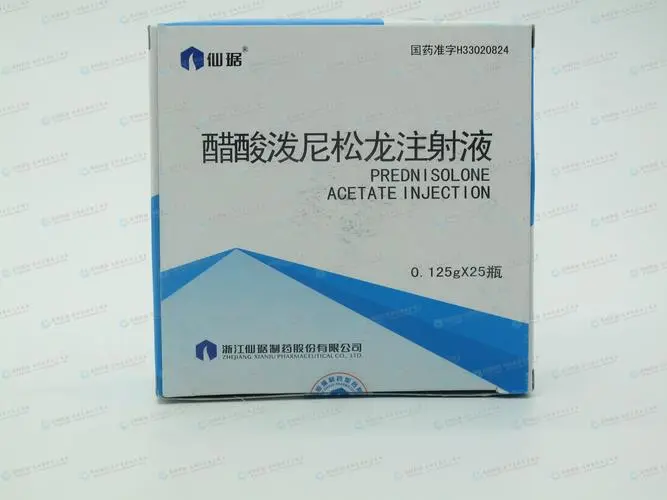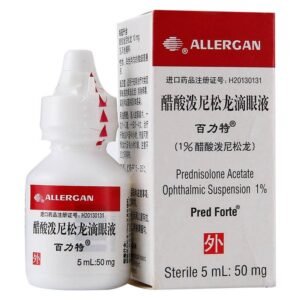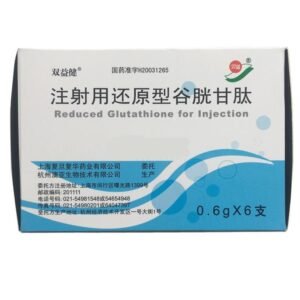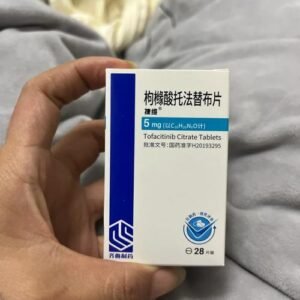Prednisolone Acetate
Functions and indications:
Applicable to allergic and autoimmune inflammatory diseases, collagenous diseases, such as rheumatism, rheumatoid arthritis, lupus erythematosus, severe bronchial asthma, nephrotic syndrome, thrombocytopenic purpura, granulocytopenia, acute lymphocytic leukemia, various adrenal insufficiency, exfoliative dermatitis, pemphigus, neurodermatitis, eczema, etc.
Usage and dosage:
The dosage and dosage of different dosage forms and specifications of this product may vary. Please read the specific drug instructions for use, or follow the doctor’s advice. Prednisolone tablets: For the treatment of allergic and inflammatory diseases, the daily dose for adults is 15-40mg according to the severity of the disease, and 60mg can be used when needed, or 0.5-1mg/kg per day. Patients with fever can take it three times, and those with normal body temperature can take it once a day in the morning. After the condition stabilizes, the dose should be gradually reduced, and the maintenance dose is 5-10mg, depending on the condition.
Adverse reactions: Glucocorticoids have no obvious adverse reactions when used in physiological dose replacement therapy. Adverse reactions mostly occur when pharmacological doses are used, and are closely related to the course of treatment, dosage, usage and route of administration. Common adverse reactions are as follows: 1. Long-term use may cause the following side effects: iatrogenic Cushing’s syndrome face and body shape, weight gain, lower limb edema, purple lines, bleeding tendency, poor wound healing, acne, menstrual disorders, avascular necrosis of the humeral or femoral head, osteoporosis and fractures (including vertebral compression fractures, long bone pathological fractures), muscle weakness, muscle atrophy, hypokalemia syndrome, gastrointestinal irritation (nausea, vomiting), pancreatitis, peptic ulcer or perforation, growth inhibition in children, glaucoma, cataracts, benign intracranial hypertension syndrome, impaired glucose tolerance and aggravation of diabetes. 2. Patients may experience mental symptoms: euphoria, agitation, delirium, restlessness, disorientation, and may also be manifested as inhibition. Mental symptoms are prone to occur in people with chronic wasting diseases and those who have had mental disorders in the past. 3. Concurrent infection is the main adverse reaction of adrenocortical hormones. Mainly fungi, tuberculosis, staphylococcus, proteus, Pseudomonas aeruginosa and various herpes viruses. 4. Glucocorticoid withdrawal syndrome. Sometimes patients experience dizziness, fainting tendency, abdominal pain or back pain, low fever, loss of appetite, nausea, vomiting, muscle or joint pain, headache, fatigue, weakness after stopping the drug. After careful examination, if adrenal cortex dysfunction and recurrence of the original disease can be ruled out, it can be considered as a glucocorticoid dependence syndrome.
Contraindications:
1. It is contraindicated for those who are allergic to this product and other steroid hormones. 2. Patients with the following diseases are generally not suitable for use. In special circumstances, the pros and cons should be weighed, but attention should be paid to the possibility of worsening of the condition: severe mental illness (past or present) and epilepsy, active consumption
Share:
Products
Our offers
Health Classification
Let us work together to protect precious health































